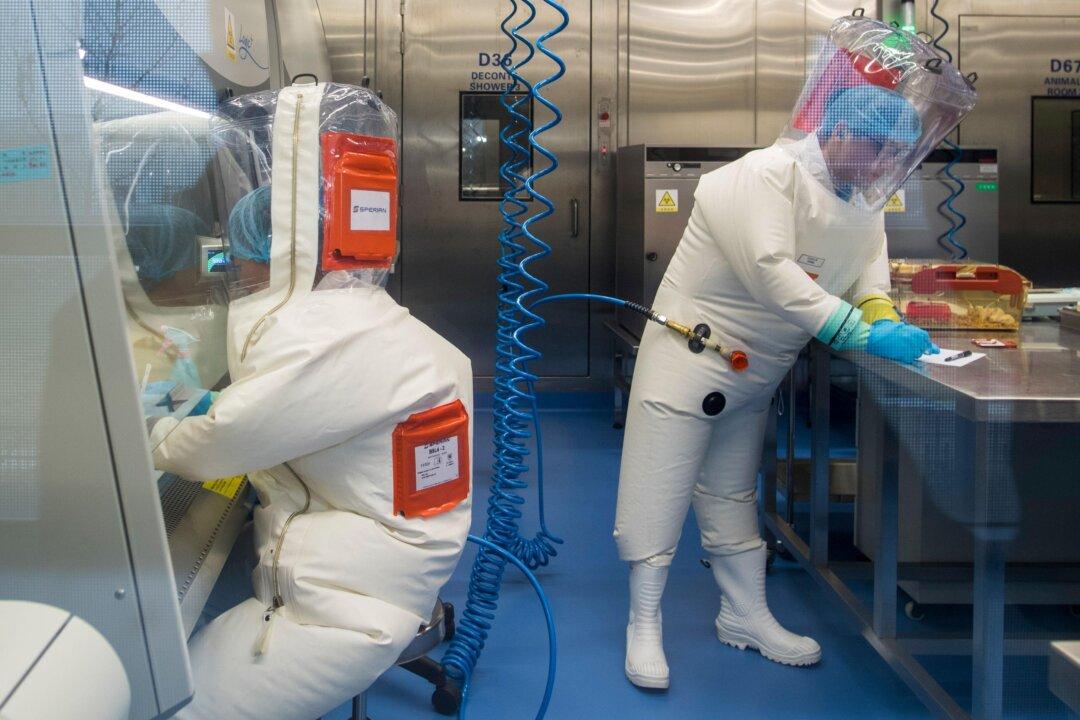The U.S. Department of Education has asked the University of Texas (UT) to supply documentation on its relationship with the China-based infectious-disease lab at the heart of the controversy surrounding the origin of the CCP virus, the novel coronavirus that causes the COVID-19 disease.
Though scientists suggest the likeliest origin of the pandemic remains natural, investigators are looking into whether there is evidence to support a theory that the virus was the subject of scientific work at the Wuhan Institute of Virology and somehow escaped.





